Champagne Benoît Lahaye Blanc De Blancs
Profile
-
Fruit
-
Body
-
Dryness
-
Freshness
-
Alcohol
Variety
Flavours
-

-

-

-

Glass

Serving Temperature

Food pairing
-

-

-

Maturity
Drink nowYou may like these...
More about this product
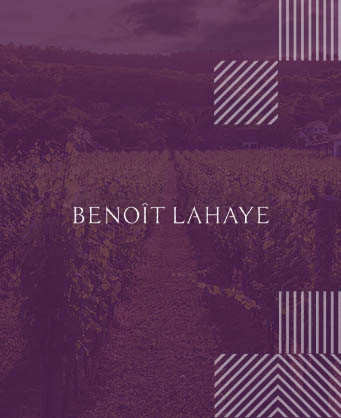
Benoît Lahaye
Benoît Lahaye is located in the village of Bouzy, classified as Grand Cru, Montagne de Reims. The family has been making Champagne since 1930. The mansion is only 4.8 hectares, of which 3 are in Bouzy, 1 in Ambonnay and the rest in Tauxières. In 2010 they received a certificate as a biodynamic manufacturer from Biodyvin. The plantations are 90% Pinot Noir, with southern and southwestern exposure and an average age of 35-40 years. Less than 40,000 bottles are produced per year. In the winery the intervention is minimal and relies only on wild fermentation. Much of the vinification takes place in oak barrels type Bordeaux (225l) and Burgundy (228l). The winery has large windows so that the wine can "see" the season. The champagne of Benoit and Valérie Lahaye is a real wine of its terroir, with amazing complexity and depth, harmony of freshness and concentration, and ripeness of the fruit.
All wines of the same producer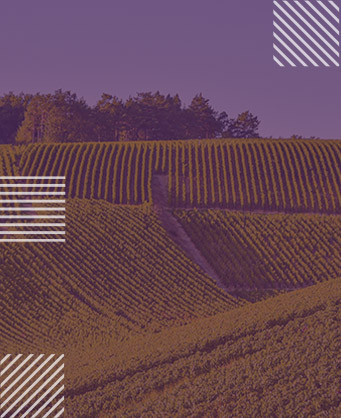
Champagne
The Champagne region is located to the northernmost of all the vineyards of France. The distinctive taste and purity of real champagne is certainly due to the calcareous soil and continental growing conditions. Unlike most other wines, it is characteristic of those from Champagne that the vintages of different years are blended to obtain a final product (non-vintage) or different wines from the same vintage are blended - in this case the wine is marked as vintage and its year is indicated on the label. This means, after all, that the quality of the champagne obtained depends very much on the balance between the quality of the grapes and the skills of the oenologists, which is why they are also promoted according to the name of the producer. Thus, in Champagne and around the world, the most famous names are Krug, Mumm, Bollinger, Veuve Clicquot, not to mention the well-known brands Dom Perignon, Moët & Chandon and Taittinger. The grape varieties in this region are Chardonnay, Pinot Noir and Pinot Meunier, which are present in different proportions in Champagne wines. The so-called Blanc de Blanc, made only from Chardonnay grapes, and Blanc de Noir, which is white champagne but made from red Pinot Noir grapes, are also often produced. A curious and little known fact is that in Champagne sparkling rose is made with a mixture of white and red wine, and not as is the standard for the production of rose wine.
More wines of this region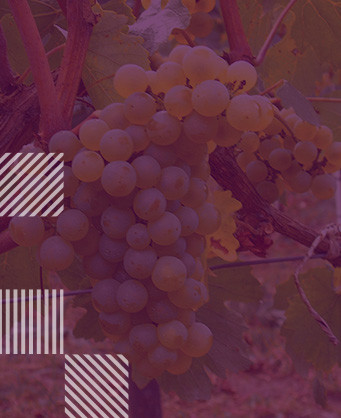
Chardonnay
Chardonnay is the world's most famous white-wine grape and also one of the most widely planted. Of course, the most highly regarded expressions of the variety are those from Burgundy and California, but many high-quality examples are made in Italy, Australia, New Zealand and parts of South America. Describing the flavours of Chardonnay is not easy. This is not thanks to the complexity of the varietal itself but usually due its susceptibility to winemaking techniques - such as Malolactic fermentation which gives distinctive buttery aromas or Fermentation or maturation in oak barrels which contributes to the wine with smokey notes of vanilla, honey and even cinnamon, and not last the lees contact while in barrel imparts biscuity, doughy flavours. And all these incorporated with the varietal aromas of tropical (banana, pineapple and guava) to stone fruits (peach, nectarine and apricot), sometimes even citrus and apple notes. Climate plays a major role in dictating which fruit flavours a Chardonnay will have - warm regions (California, Australia ) make more tropical styles; temperate zones (southern Burgundy, New Zealand) - stone fruit notes, while the very coolest (Chablis, Champagne) lean towards green-apple aromas.
More wines of the same variety
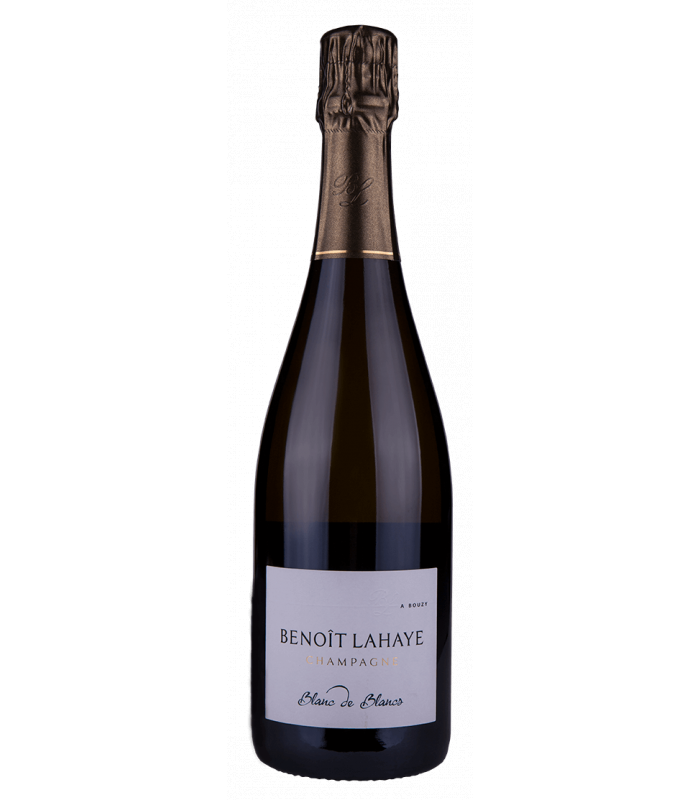


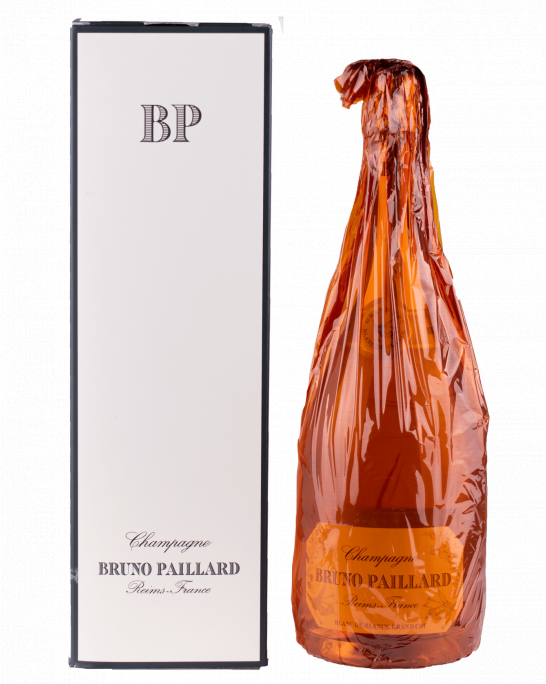
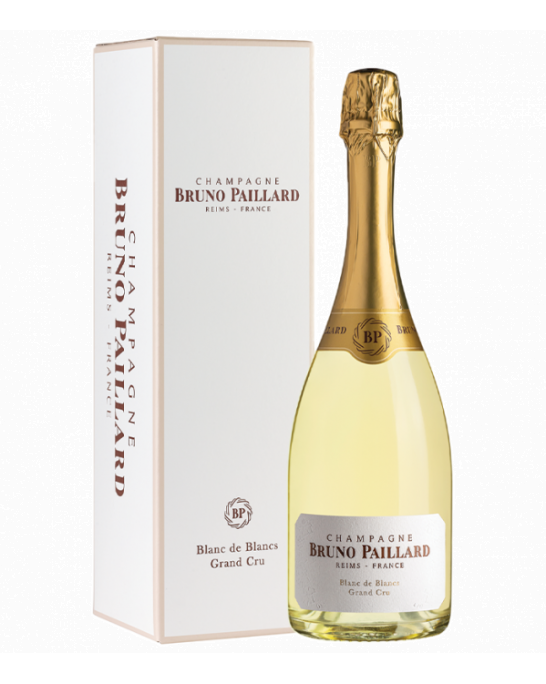
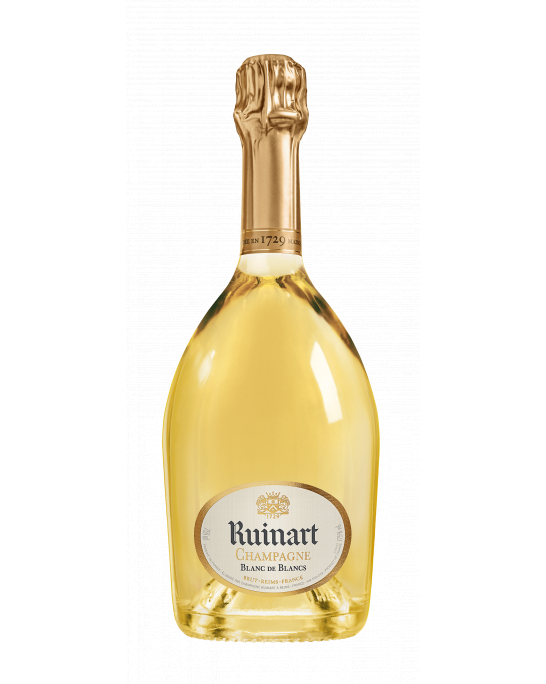
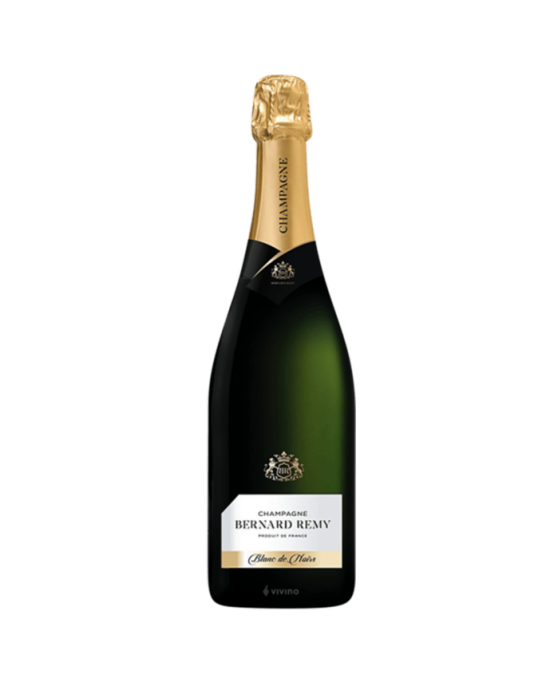
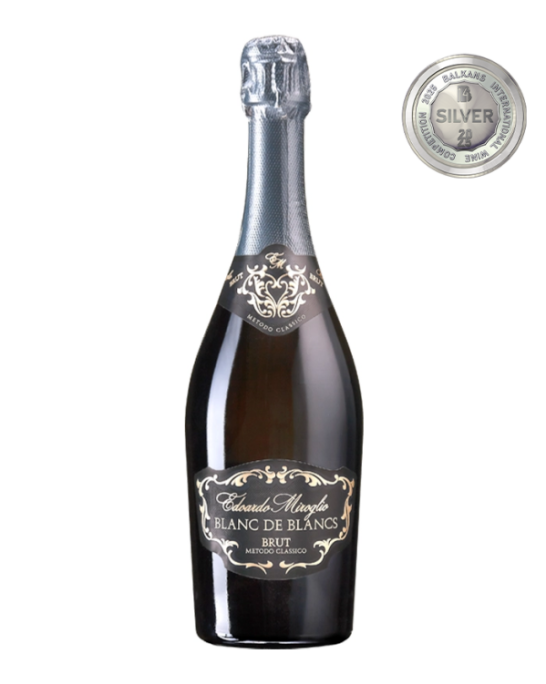
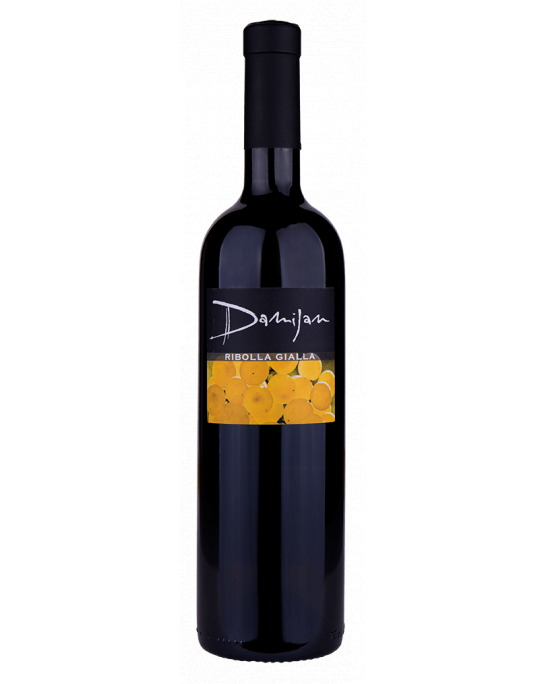
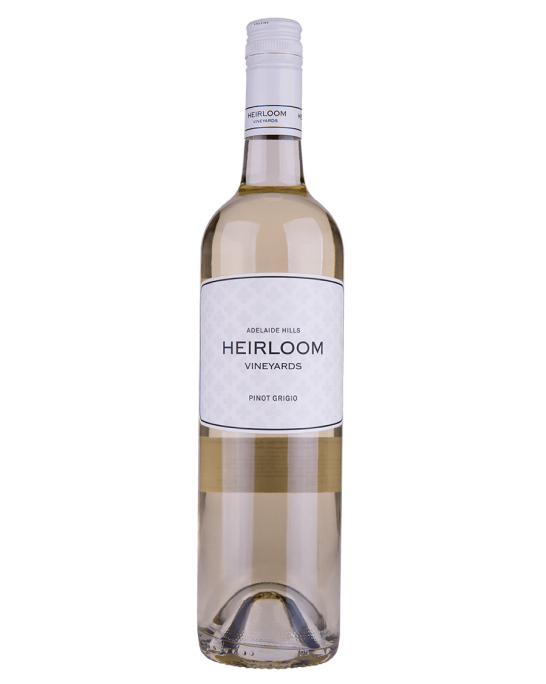
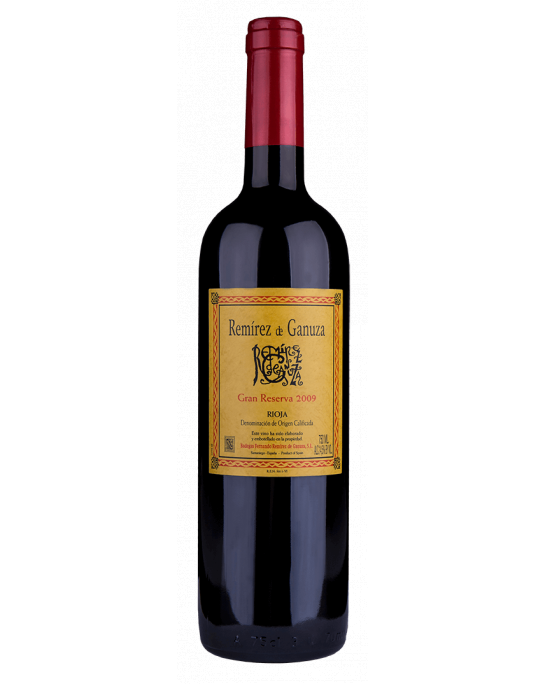
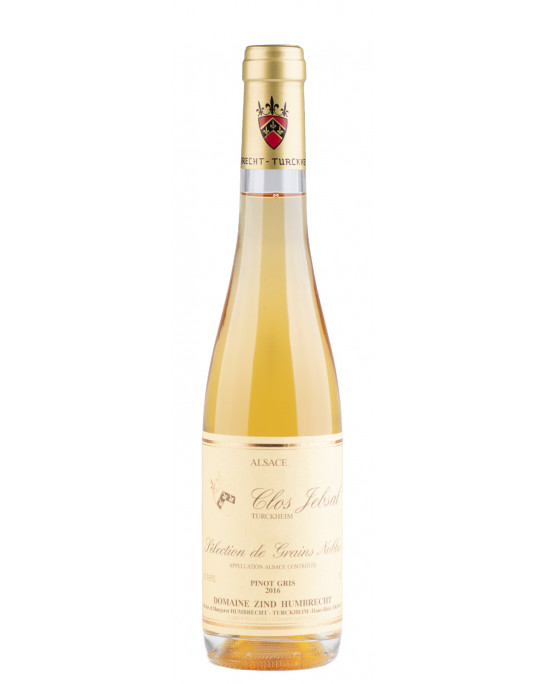
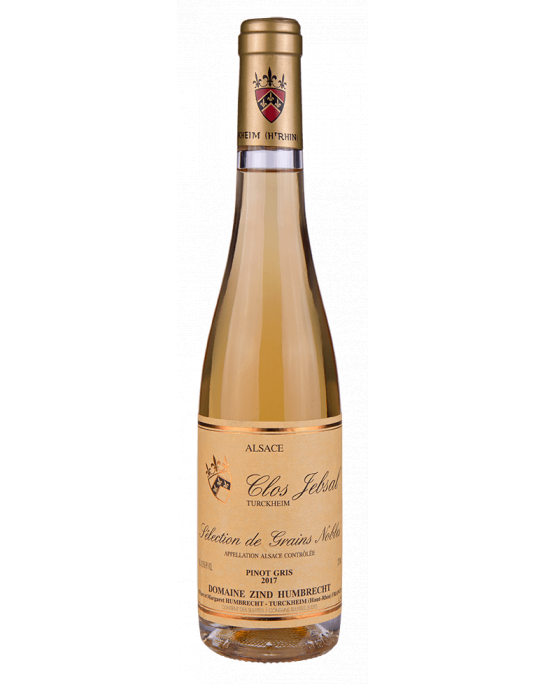
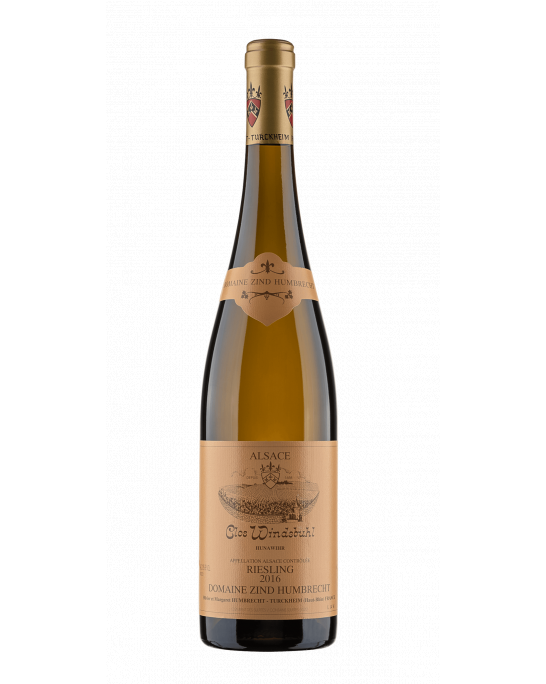
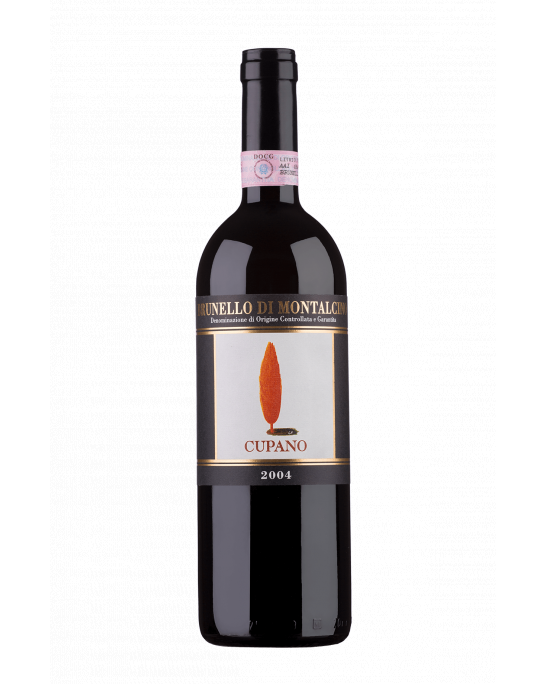
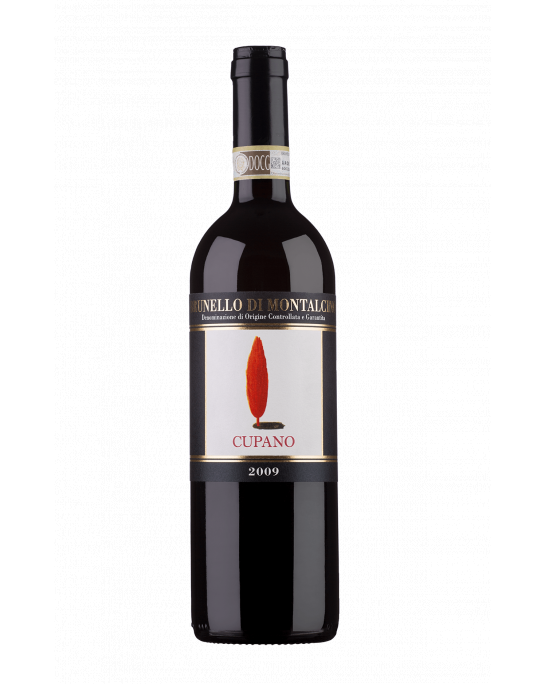
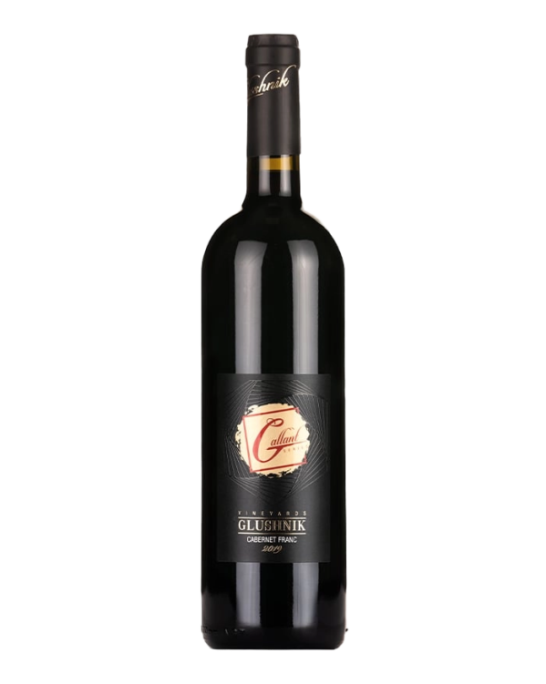
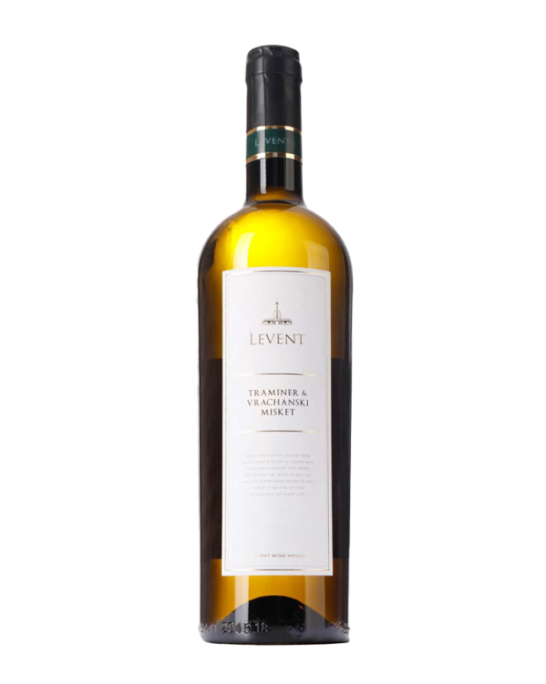
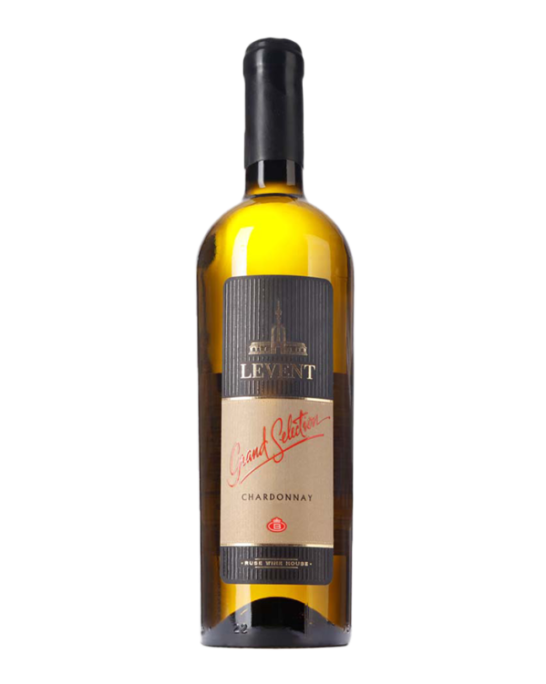
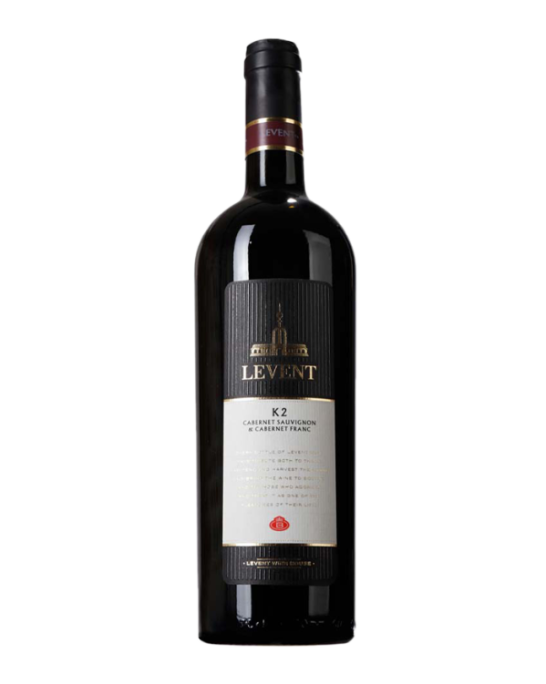
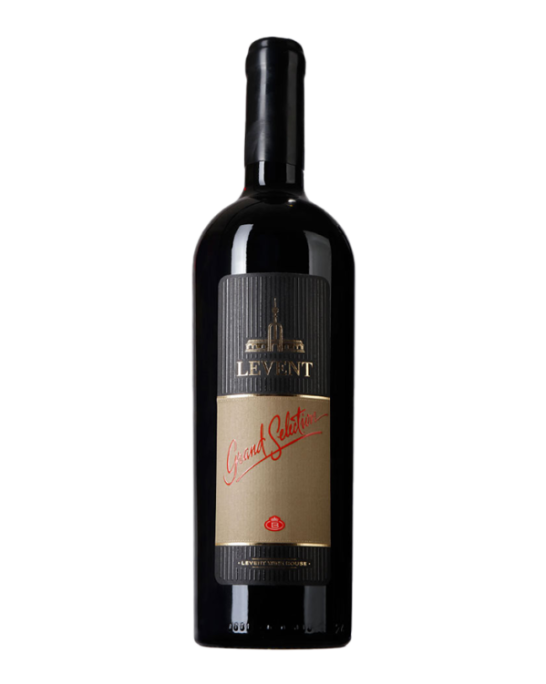
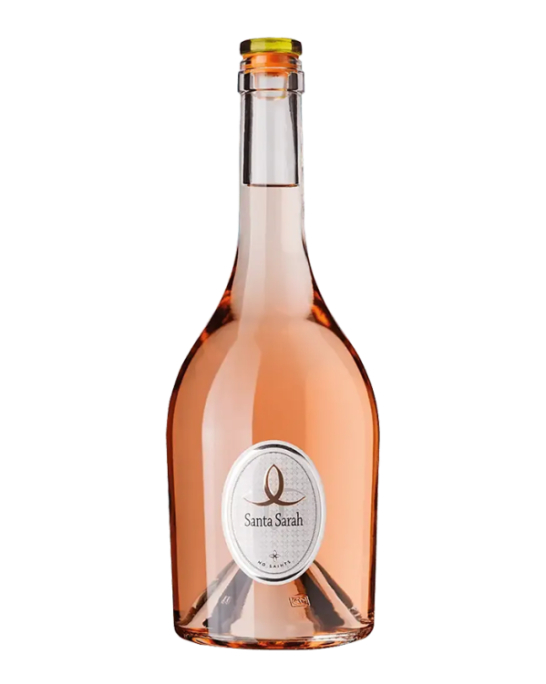
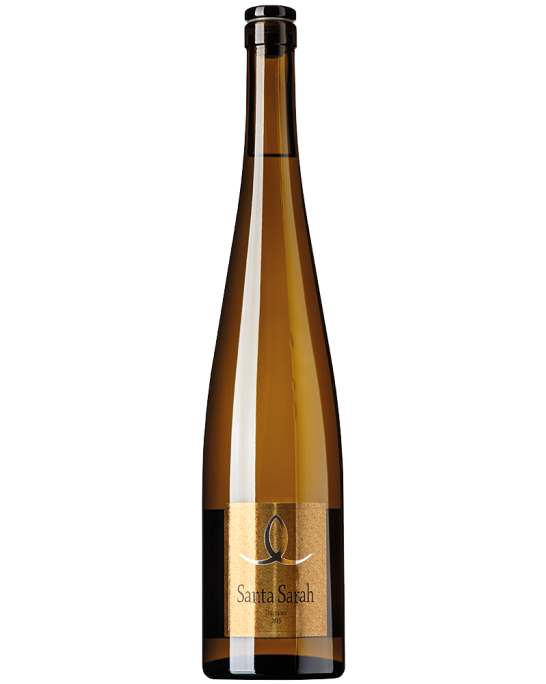
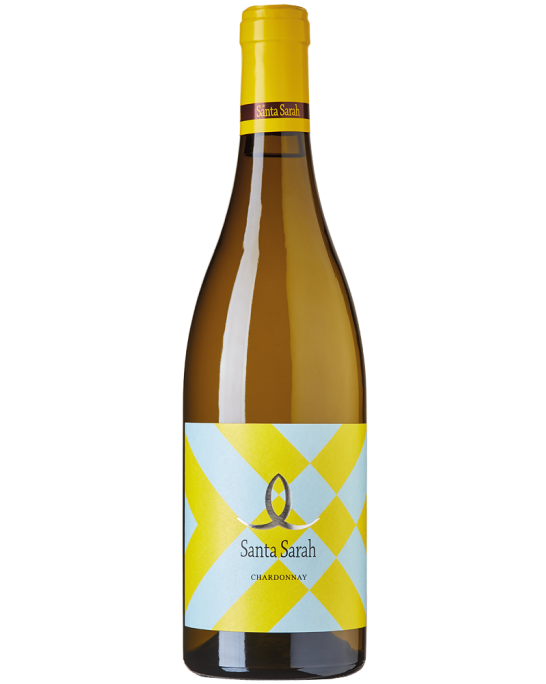
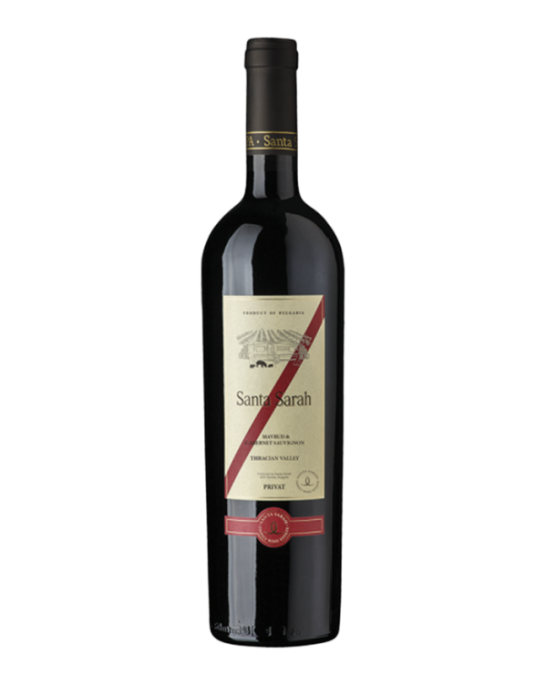
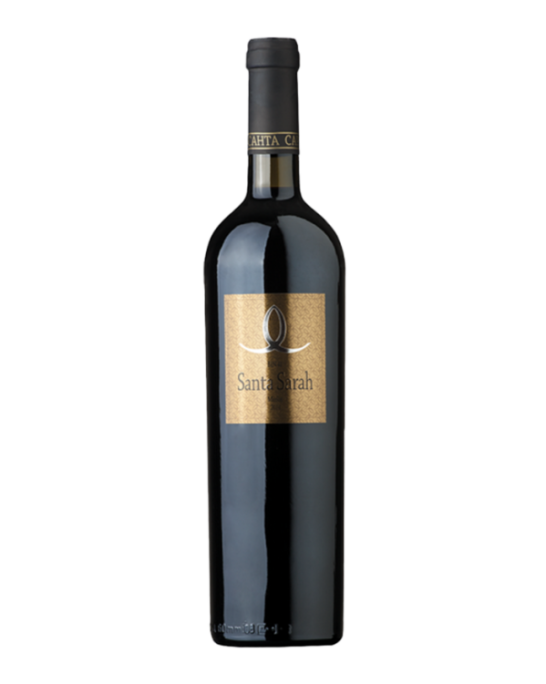
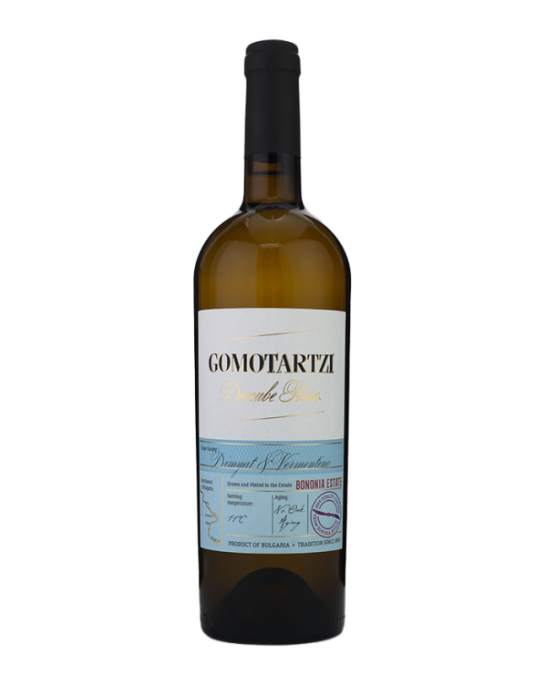
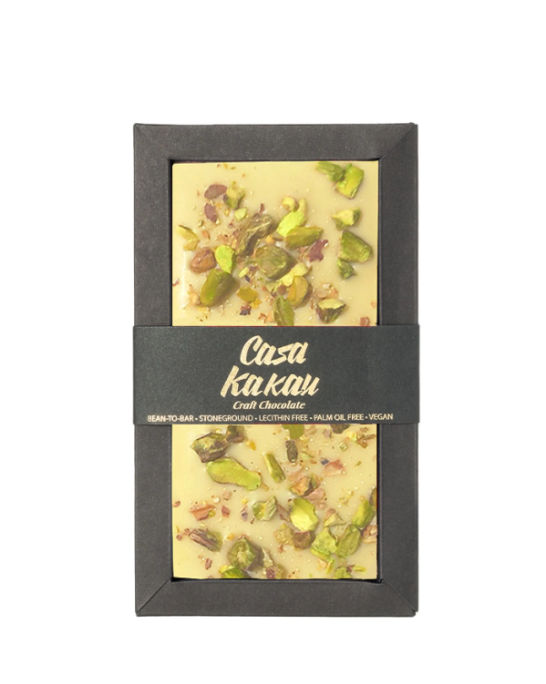
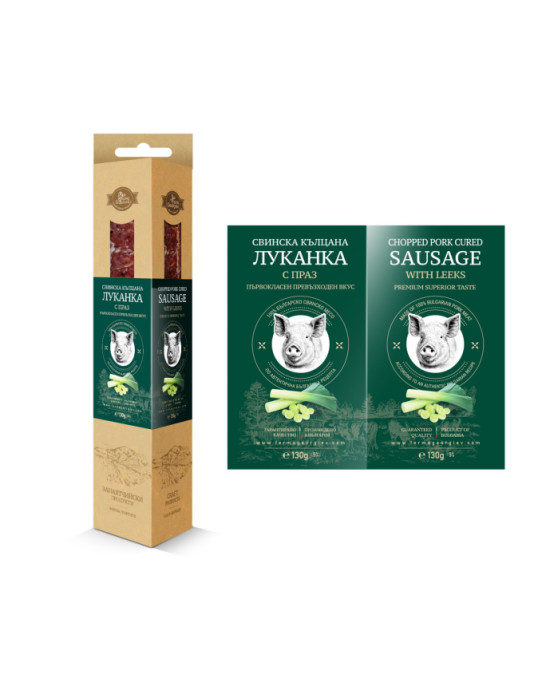
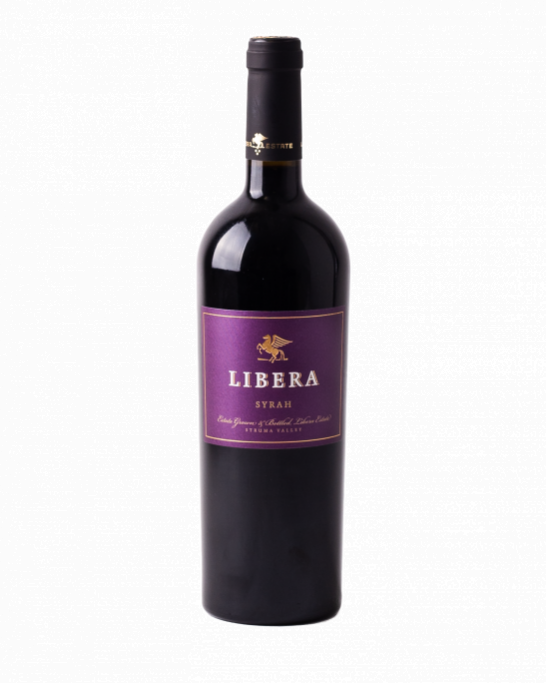
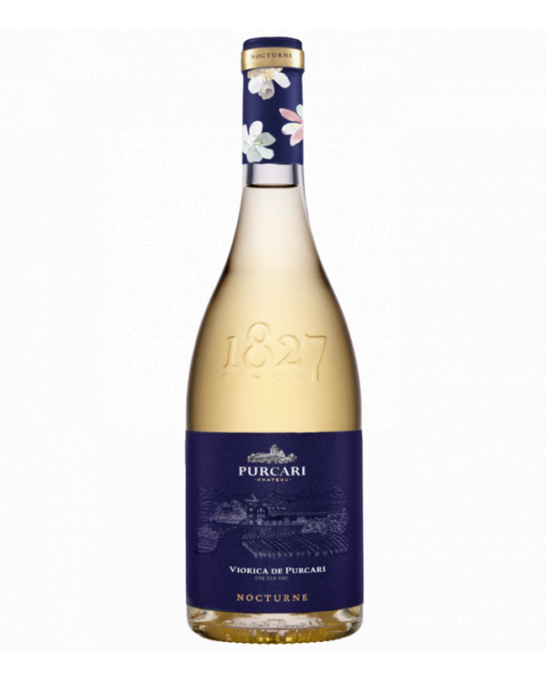
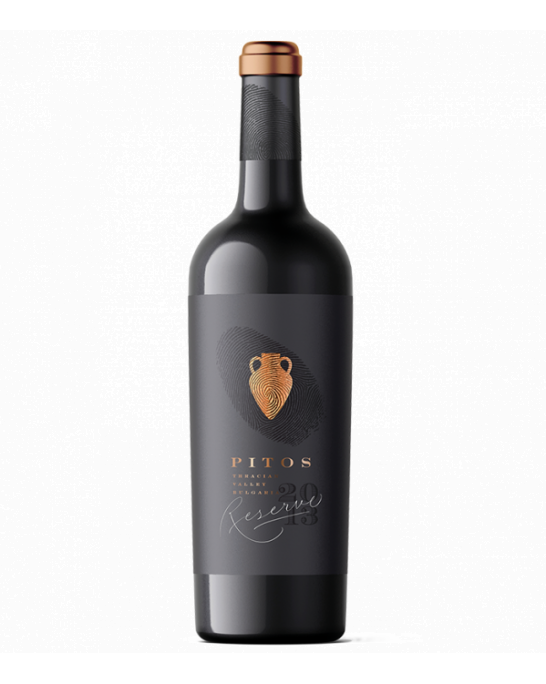
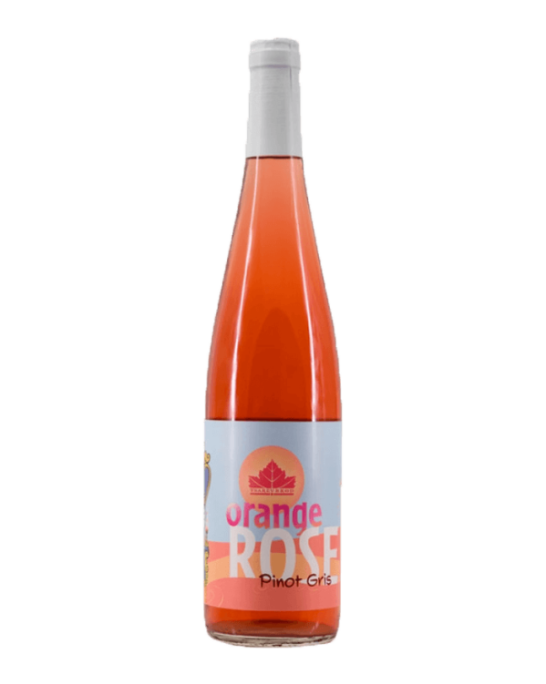
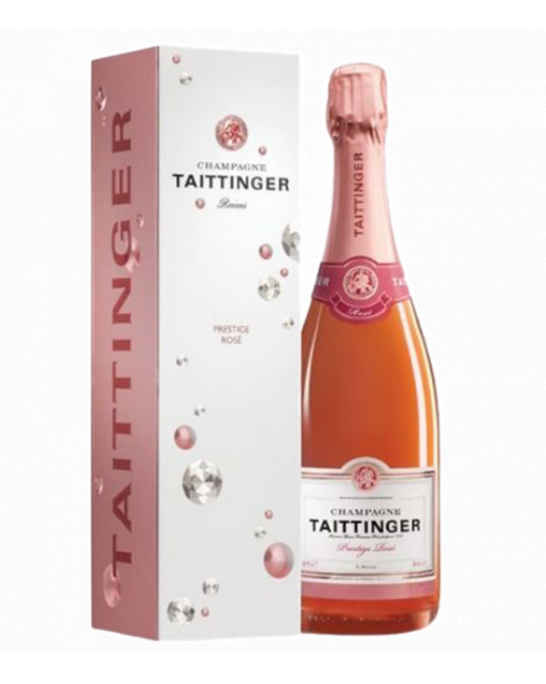
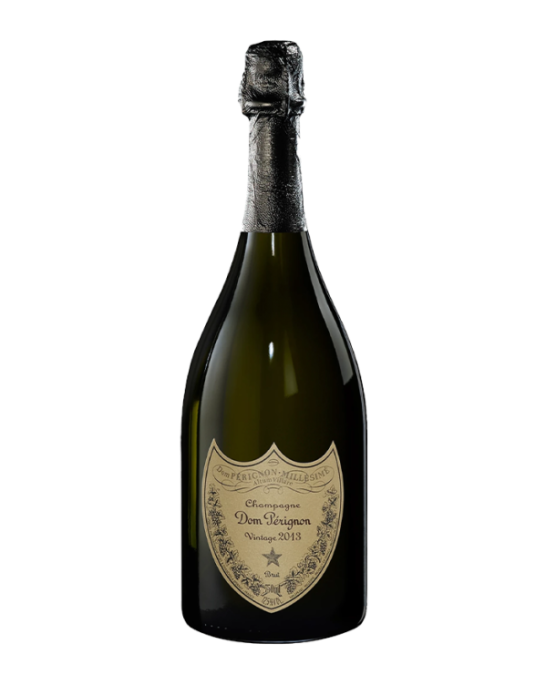
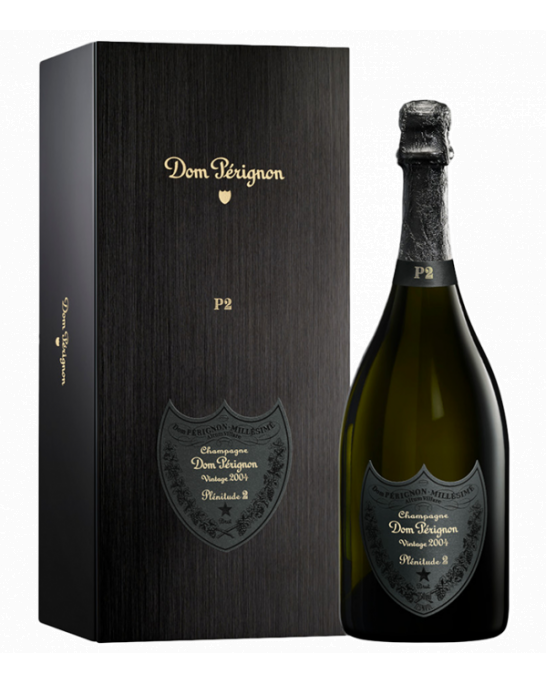
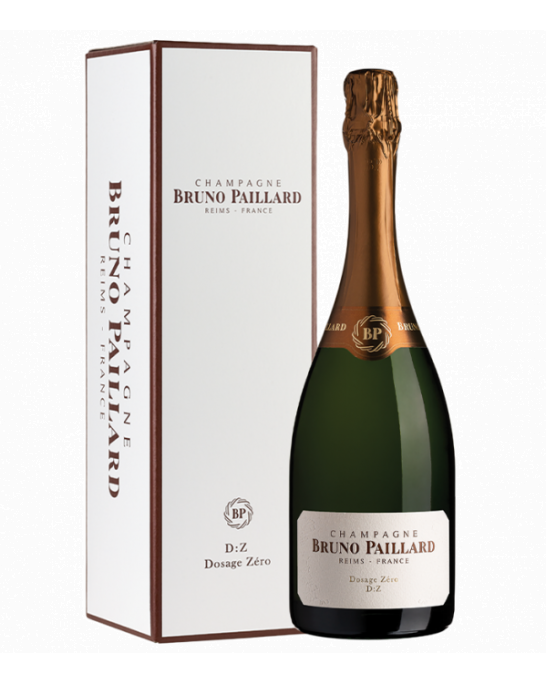
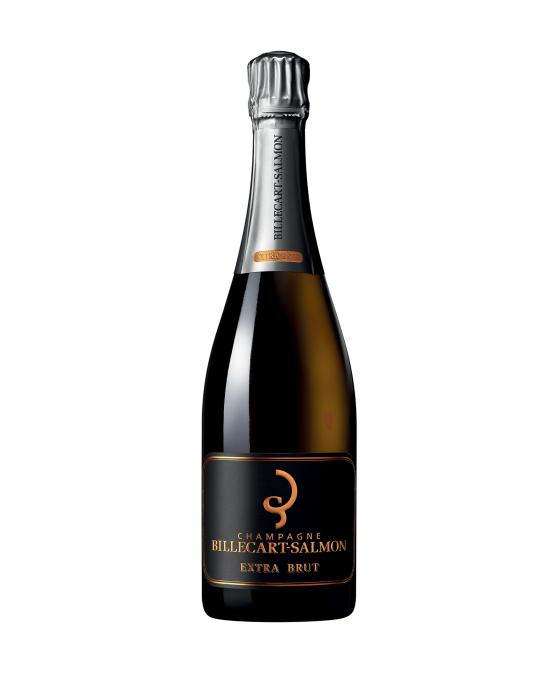
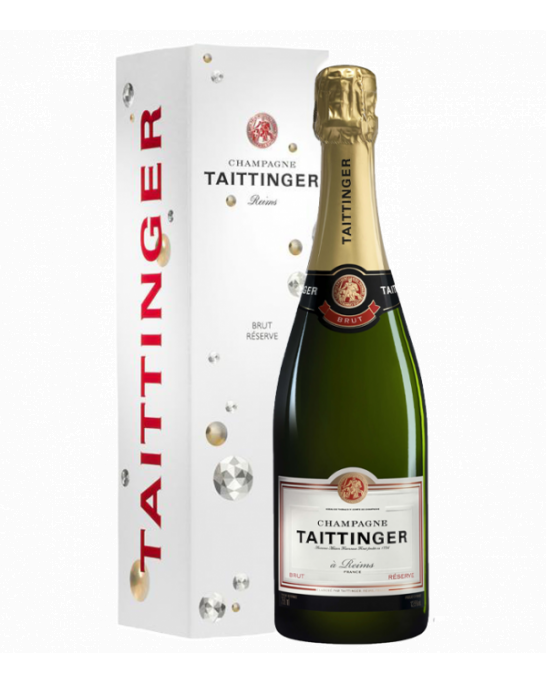
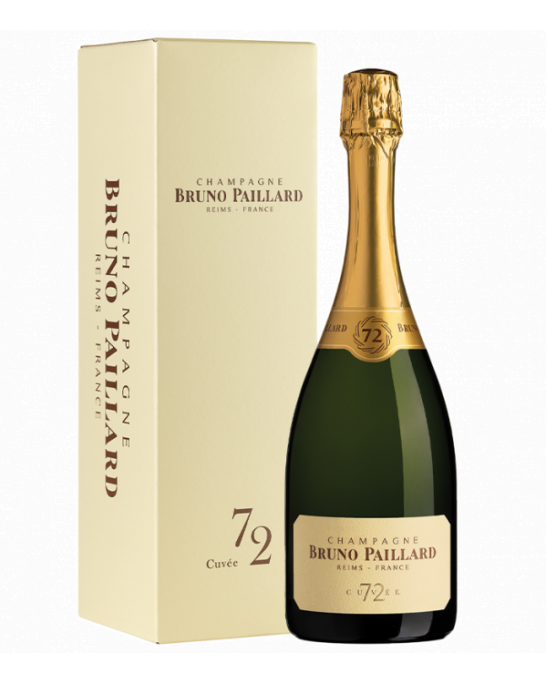
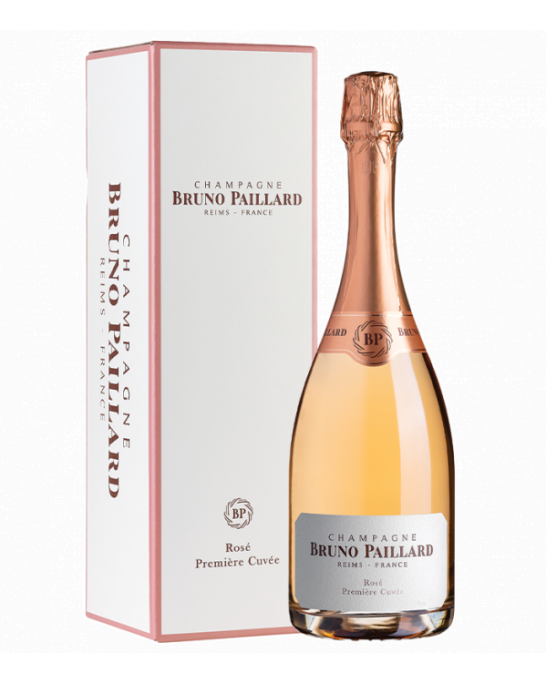
Customer reviews
No reviews available
Be the first to review